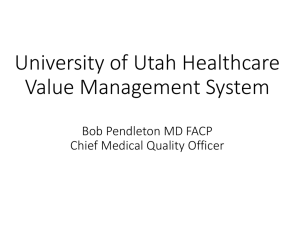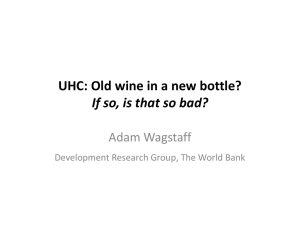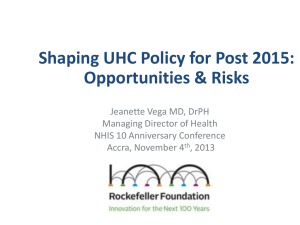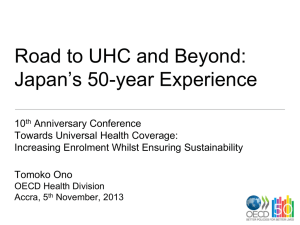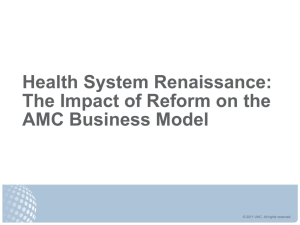Word
advertisement
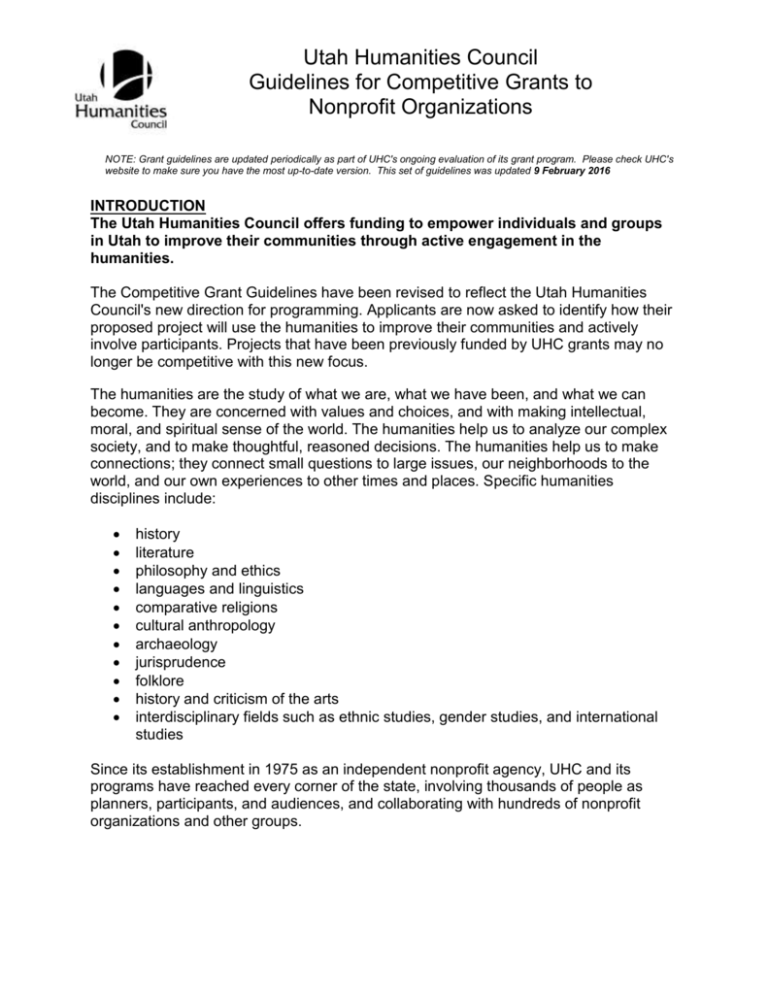
Utah Humanities Council Guidelines for Competitive Grants to Nonprofit Organizations NOTE: Grant guidelines are updated periodically as part of UHC's ongoing evaluation of its grant program. Please check UHC's website to make sure you have the most up-to-date version. This set of guidelines was updated 9 February 2016 INTRODUCTION The Utah Humanities Council offers funding to empower individuals and groups in Utah to improve their communities through active engagement in the humanities. The Competitive Grant Guidelines have been revised to reflect the Utah Humanities Council's new direction for programming. Applicants are now asked to identify how their proposed project will use the humanities to improve their communities and actively involve participants. Projects that have been previously funded by UHC grants may no longer be competitive with this new focus. The humanities are the study of what we are, what we have been, and what we can become. They are concerned with values and choices, and with making intellectual, moral, and spiritual sense of the world. The humanities help us to analyze our complex society, and to make thoughtful, reasoned decisions. The humanities help us to make connections; they connect small questions to large issues, our neighborhoods to the world, and our own experiences to other times and places. Specific humanities disciplines include: history literature philosophy and ethics languages and linguistics comparative religions cultural anthropology archaeology jurisprudence folklore history and criticism of the arts interdisciplinary fields such as ethnic studies, gender studies, and international studies Since its establishment in 1975 as an independent nonprofit agency, UHC and its programs have reached every corner of the state, involving thousands of people as planners, participants, and audiences, and collaborating with hundreds of nonprofit organizations and other groups. FUNDING PRIORITIES [please note: this is a new section] Beginning in 2013, UHC will give priority to applications for projects that empower individuals and groups in Utah to improve their communities through active engagement in the humanities. Applications should articulate: How you define your community (in terms of geography, interest, profession, issue, or other category) What issues and/or concerns face your community What issue or concern this project will address What improvement or change you seek How you will engage participants in the process How the humanities will help create the intended improvement or change In addition, your project should: o Be based in the humanities o Utilize one or more humanities scholars in both planning and execution o Be designed and publicized to attract a public audience o Provide a balance of viewpoints (if addressing social or policy issues) Projects focusing on rural communities, ethnic minorities, and young people have been identified as priorities. Formats that engage both live and online audiences in discussion are encouraged. APPLICATION PROCESS UHC staff members are happy to advise you on completing the Competitive Grant application. UHC strongly encourages potential applicants to call in the early stages of project planning in order to get staff help and gauge UHC's interest in the project. UHC’s grant review is a competitive process, with more funds requested than are available. Every review is influenced by the quantity, quality, and diversity of other proposals under consideration. The grant review committee, composed of UHC board members, may decide to fund a proposal fully, to offer a reduced amount, to fund subject to the fulfillment of certain conditions, or to reject an application. All competitive grant applicants must send a draft by February 1, via email to graham@utahhumanities.org, including the Application Form, Budget Form, Budget Explanation, one page Executive Summary, and Narrative Proposal. Drafts must be complete. Please follow the steps in the Application Instructions and Checklist before submitting a draft. UHC staff will review the draft and make suggestions on how the application might be strengthened. Signatures are not required on draft applications. Final applications are due March 1, via email to graham@utahhumanities.org. UHC staff will notify you by telephone and email of the board’s decision by May 1. Inquiries before that date will not be answered. WHO MAY APPLY Nonprofit organizations Libraries Historical societies Museums Local arts and humanities organizations Civic and service organizations Public radio and television stations Universities, colleges, and K-12 schools Local and state government agencies Ad hoc groups If you don’t fit one of these categories, ask us! The following are not eligible for funding: For-profit organizations or businesses Individuals Organizations not in compliance with terms and conditions of previous UHC grants or with federal debarment and discrimination statutes. ELIGIBLE EXPENSES Honoraria and travel for speakers, consultants, and other outside professionals (maximum of $500 per person including honorarium, per diem, and travel) Travel and expenses directly related to the project (maximum per person of $80 per night for lodging, coach rate airfare, and $.40 per mile if traveling by car; maximum daily per diem for meals is $30) Publicity / advertising Publications Equipment rental Venue rental Office supplies Salaries and wages directly related to the project Production/recording/broadcast expenses FUNDING EXCLUSIONS UHC grants do not support the following projects and expenses Creative or performing arts Projects completed prior to application Political action or advocacy Receptions, food, or entertainment Indirect costs/overhead Building construction, maintenance, renovation, or preservation Property, building, or equipment purchase International travel Regular school activities Scholarships or tuition for college or training courses Deficits Major acquisitions Fund-raising events/products MATCHING REQUIREMENTS UHC grants must be matched dollar for dollar. UHC will provide no more than 50% of a project’s total cost. Matching funds may consist of a combination of in-kind and cash contributions: In-Kind = contributions for which the applicant does not pay cash, such as: Donated services, including volunteer time Facilities Publicity Donated equipment, materials, and supplies Loans of equipment and rental space Services or expenses paid by a third party Cash = the sponsoring organization’s cash expenditures for this specific project, such as: Honoraria Travel expenses Printing Employee salaries Equipment and space rental fees Contracted services REQUIREMENTS OF FUNDED PROJECTS If your application is approved, you will be required to: Credit UHC in all publicity and printed materials, and verbally at all events Notify UHC immediately of any change in the schedule or scope of your project Include a link to UHC on your organization’s website. Comply with governmental non-discrimination and debarment statues Submit a written final report, as well as evaluation materials, at the project’s conclusion Submit a financial report, including auditable records of UHC grant funds and matching contributions. Retain financial records for expenditure of UHC funds and matching contributions. Records must be available for federal, state, or UHC audit for seven years following submission of the final report. FEDERAL STATUTES THAT APPLY TO ORGANIZATIONAL GRANT APPLICANTS All grant applicants to the Utah Humanities Council must comply with federal statutes. Applicants must not be presently debarred, suspended, or otherwise excluded from or ineligible for participation in federal assistance programs, and no persons shall be excluded from participation in the proposed project on grounds of race, color, creed, sex, national origin, disability, or age. Applicants must agree to remain in compliance with these statutes for the duration of the grant period and to provide immediate written notice to UHC if the certification is in error or if changing circumstances make it no longer accurate.
